
Real Estate Market After the Crisis
Mia Zečević, Novaston: Last year, in addition to COVID 19, ended with a positive volume of investments in the SEE region, while the main problems occurred in supply, rising prices of energy and raw materials, most affected by the Russian-Ukrainian war. The leading players in the market are Serbia, Croatia and Bulgaria, followed by Slovenia.
The coronavirus pandemic has briefly slowed down the development of the real estate industry throughout the region. Although it did not look like that at the beginning of the crisis, the real estate market soon showed strong resistance, as well as the ability to adapt and recover, as assessed in the panel “Real Estate Market of Southeast Europe after the Crisis”, at the Seventeenth Annual International Conference on Real Estate Development, held in Zagreb. The moderator of this panel was Mia Zečević, CEO of Novaston Platform, a company that is a leader in real estate management in Serbia and is rapidly positioning itself in the retail, commercial, and hotel sector in this country and in the region, especially in Croatia, primarily through projects in Rijeka and Opatija.
Mia Zečević pointed out that last year, in addition to COVID 19, ended with a positive volume of investments in the SEE region, while the main problems occurred in supply, rising energy and raw materials prices, mostly under the influence of the Russian-Ukrainian war. She reminded us that the new crisis in March brought inflation, which reached the highest level in the last 40 years, and the biggest challenge will be the work on stabilization and its reduction.
Nebojša Nešovanović, Head of Valuation SEE at CBRE, assessed that the similarity of both crises (pandemic and war in Ukraine) is visible in lower economic growth, but also growth in public investment. At the moment, there is very serious inflation, which raises construction and operating costs.
The mayor of Rijeka, Marko Filipović, said that that the perspective is in turning toward the European economy because Croatia will, on January 1st, 2023, introduce the euro and become a member of Schengen.
The executive director of Remington Realty – Christie’s International Real Estate Croatia, Ivan Kovačić, believes thata the post-pandemic period brings an increase in demand for real estate in the upper-middle and luxury and even super-luxury segment, on the Adriatic coast, which also affects the growth of prices per square meter.
The CEO of MK Group Mihailo Janković pointed out that only those companies that are quick to adapt to new circumstances are successful. And that is why MK Group has developed as an agile and flexible investment company, with the pipeline of 500 million euros.
“Despite the crises, the real estate sector is showing not only recovery but also new development opportunities,” concluded Mia Zečević.
As a company that always looks to the future and anticipates trends, Novaston Platform, which is among the leading companies in the management of retail parks, with business in the hotel, office, and logistics sectors, believes that the Istrian region, like the capitals of the region, will revive in the next five years with the implementation of new and, at this time, challenging projects.
All news

Novaston Real Estate platform has launched the expansion of its investment portfolio in Croatia with two luxury projects in prime locations on the Kvarner coast – in Opatija and Ičići....

One of the most exciting entertainment projects in Belgrade – Turbomax – was recently opened, and the Novaston team has been part of this venture from the very beginning....

Our Novaston team participated in placing the time capsule and cornerstone for another retail park, this time in Gevgelija...

We are proud to announce that another retail park we have worked on has opened its doors, this time for the residents of Ruma....

AVA Shopping Park was visited by more than 2 million people in less than two years, and more than 50 domestic and national brands found their homes in AVA SP....
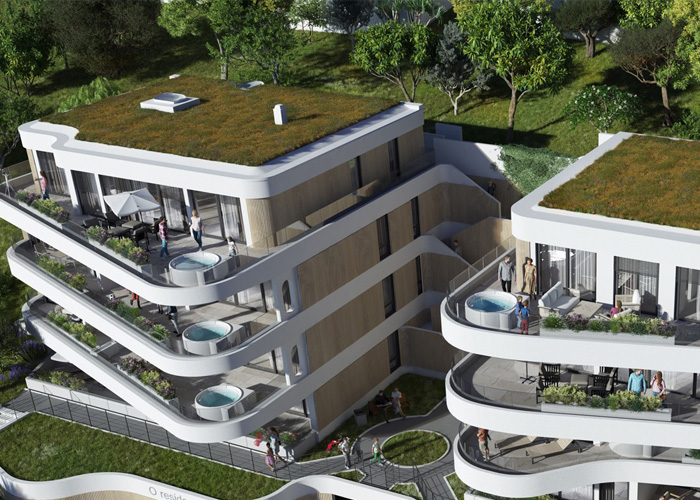
The construction of the luxurious residential complex “O Residence” has started - Novaston Cro Investor...
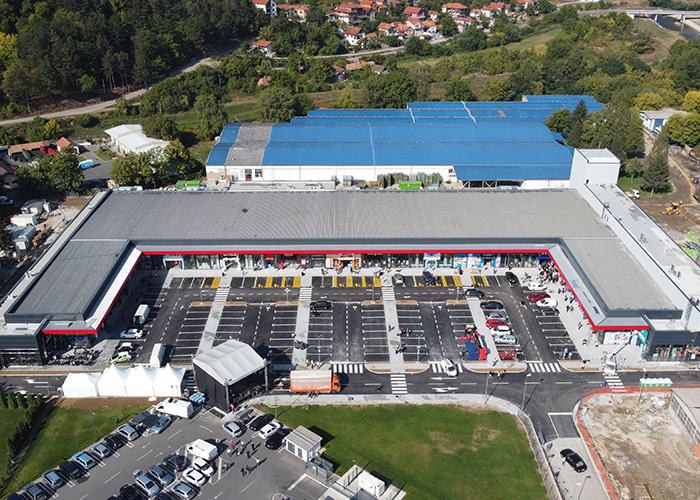
NOVASTON Company proudly marks two years of successful management of PULS Shopping Park...
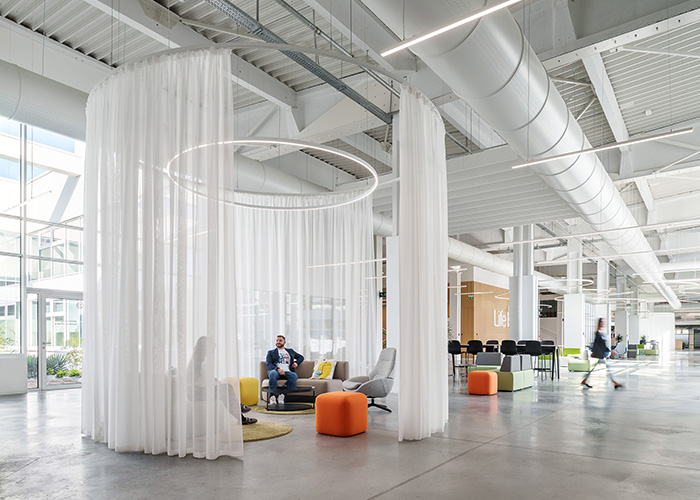
The InGrid office building, a Schneider Electric company, recently received LEED Platinum certification...
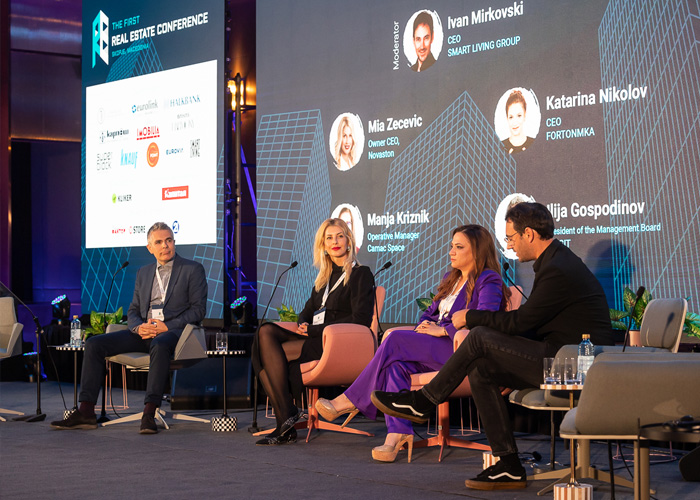
What does the future hold for offices? A diverse group of experts from the region discussed the key drivers of workplace strategies for the future...

Over the past few years, the commercial real estate market has been affected by major disruptions...
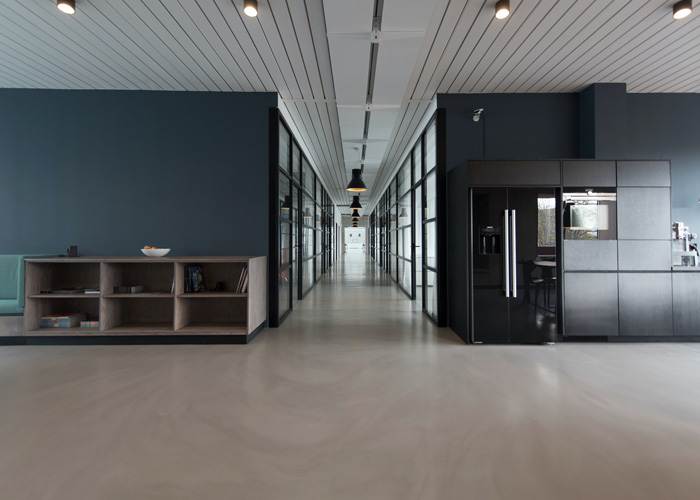
The main goal was to demystify every phase of this challenging process...
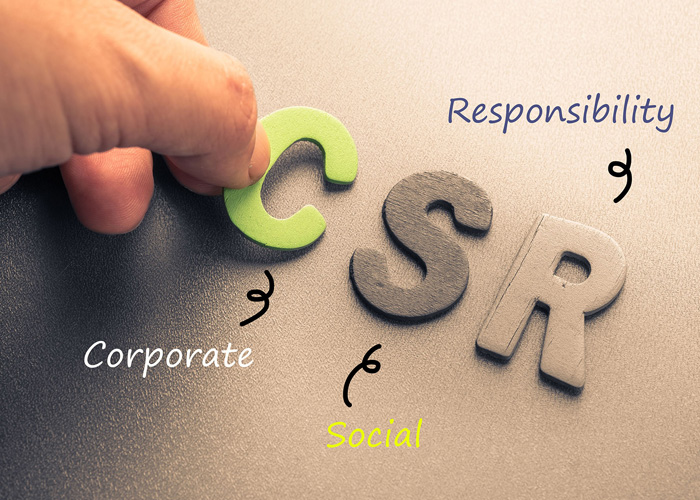
Difficult times are always a challenge for business survival and development...

Office premises in Serbia are leaders in raising sustainability standards...

The coronavirus pandemic has briefly slowed down the development of the real estate...

Recalling that the prices on the real estate market have been constantly increasing...

